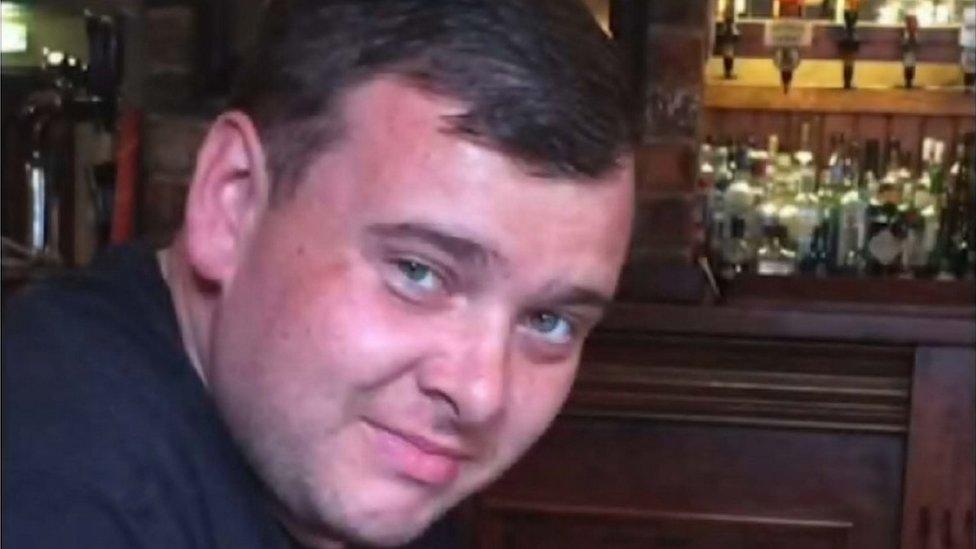Manchester Arena Inquiry: Family praise 'hero' who tried to save victim
- Published
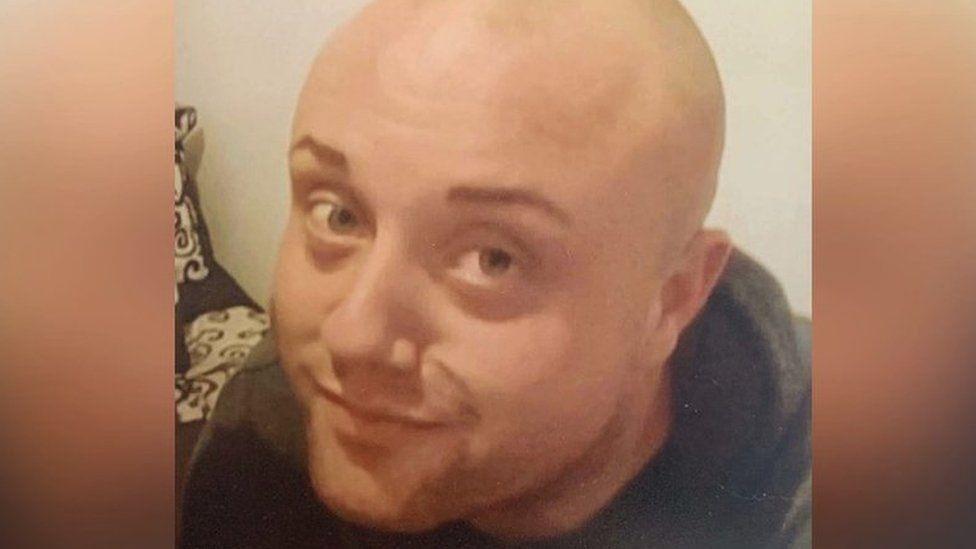
John Atkinson was not assessed by paramedics for 47 minutes, the inquiry heard
The family of a care worker killed in the Manchester Arena attack have praised "heroic" efforts by a member of the public to try and save him.
John Atkinson, 28, was one of 22 people who died when a bomb was detonated in the arena foyer on 22 May 2017.
Members of the public and police helped him but he was not assessed by paramedics for nearly 50 minutes.
The public inquiry has previously heard he may have survived had he been given medical treatment more quickly.
It has been looking at the individual circumstances of the deaths of each victim, who were killed when Salman Abedi detonated a device at an Ariana Grande concert.
Mr Atkinson, from Radcliffe in Bury, was 20ft (6m) away from Abedi when the bomb went off and was separated from the friend he had attended the concert with.
The inquiry heard CCTV footage showed that within five seconds of the blast Mr Atkinson crawled on his hands and knees across the floor of the foyer.
A member of the public, Ronald Blake, phoned 999 within 52 seconds of the blast and used a belt as a tourniquet to try and stem the bleeding from Mr Atkinson's leg.
Mr Blake, who was injured himself and had no first aid training, stayed with Mr Atkinson for nearly an hour holding the tourniquet the entire time, the inquiry heard.
John Cooper QC, representing Mr Atkinson's family, told Mr Blake: "I profoundly thank you on their behalf for the hard work, dedication and heroics you performed on that night trying to save John."
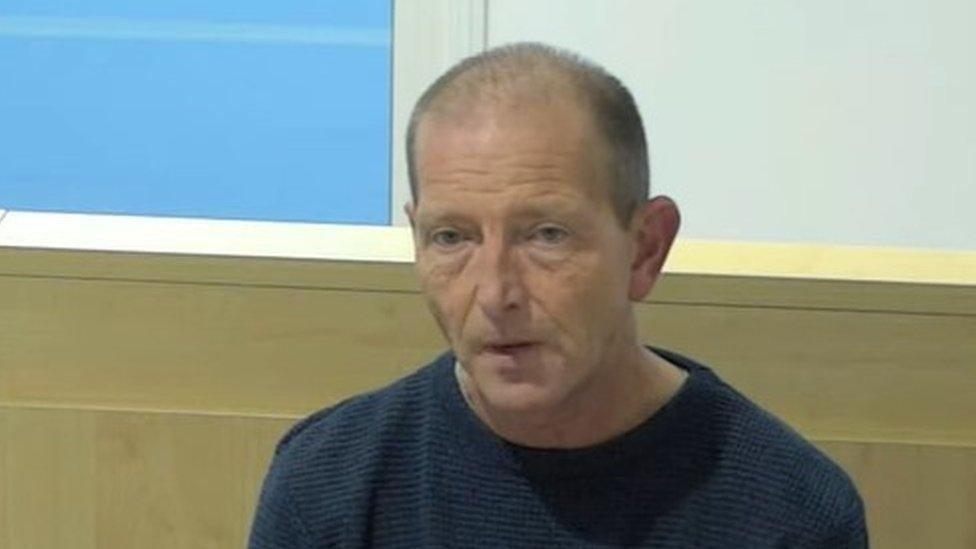
Ronald Blake used a belt as a tourniquet and held it on John Atkinson's leg for nearly an hour
Mr Blake said Mr Atkinson was conscious and talking while they were together and he was "shocked" to discover the next day, when he was being treated in hospital for his own injuries, that he had died.
Giving evidence, he told the inquiry: "I have never had any first aid training and my natural instinct at the arena was to try and stop the blood and keep him conscious.
"When I left him with the paramedics I thought he was going to survive."
Mr Blake replied "yes" when Mr Cooper asked him: "During the time you were dealing with John it was obvious, wasn't it, that he was very, very severely injured?"
The inquiry heard it was more than 45 minutes before anyone came to help lift Mr Atkinson out of the foyer and down the stairs to the casualty clearing station at the adjoining Victoria railway station.
British Transport Police constable Jessica Bullough, who assisted Mr Atkinson, said: "We realised that no-one was coming to help us and so it was better to get people downstairs."
A decision was made to grab a display board to carry Mr Atkinson out of the foyer, the inquiry heard.
However, a metal barrier then needed to be fetched as the board was too "flimsy" and would not fit in a nearby lift.

Twenty-two people were killed in the May 2017 bombing
The inquiry heard PC Leon McLaughlin asked North West Ambulance Service (NWAS) incident commander Dan Smith for a stretcher to carry Mr Atkinson down the stairs.
PC McLaughlin said he felt he was "ignored" and told by Mr Smith to "blanket him up" and "leave him there for now".
The officer said he felt "frustrated" but said it was "clear that they were not going to move from where they were….and provide me with any meaningful help".
The inquiry heard only three NWAS paramedics entered the foyer on the night, two of them just a few minutes before Mr Atkinson was evacuated.
On the available footage Mr Atkinson was not triaged, assessed or assisted by NWAS personnel for the 47 minutes he was in the room, the hearing was told.
The hearing has been told the issue of whether Mr Atkinson could have survived is key, and that over the next few days the court will hear from experts who believe better medical treatment could have made a difference.
The inquiry continues.

Why not follow BBC North West on Facebook, external, Twitter, external and Instagram, external? You can also send story ideas to northwest.newsonline@bbc.co.uk
Related topics
- Published30 September 2021
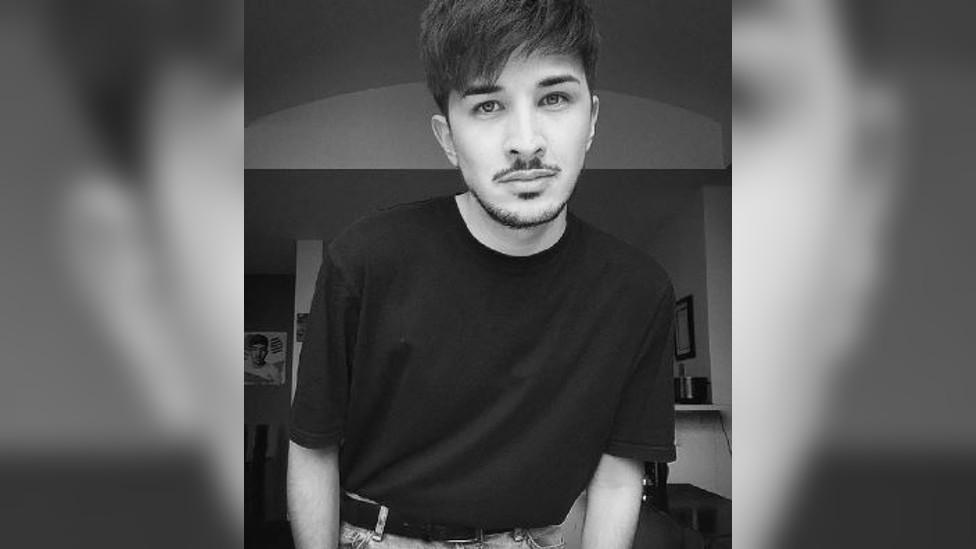
- Published29 September 2021
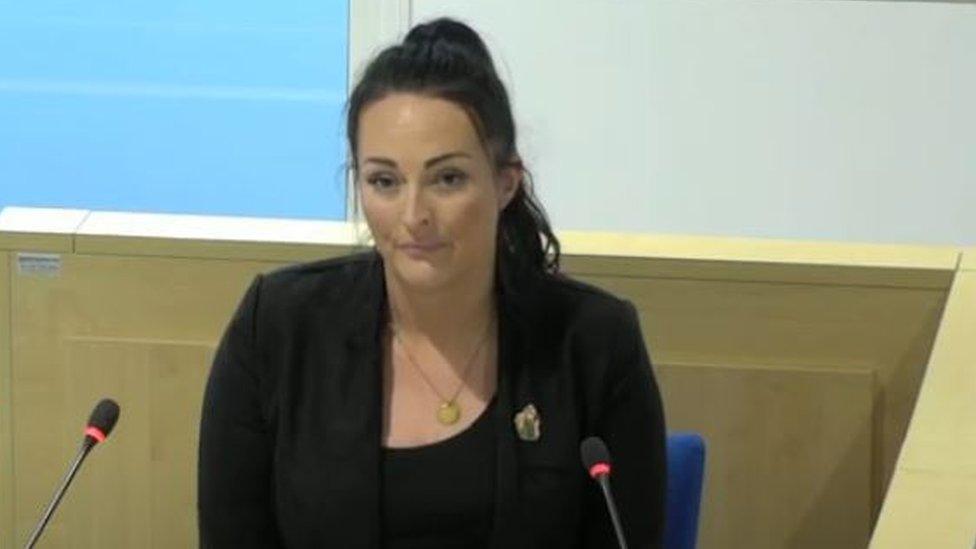
- Published28 September 2021
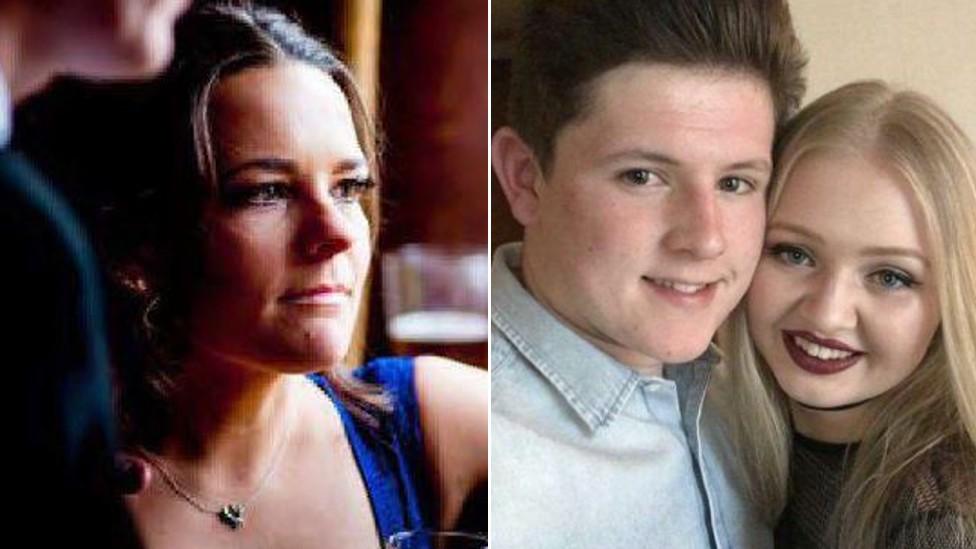
- Published27 September 2021
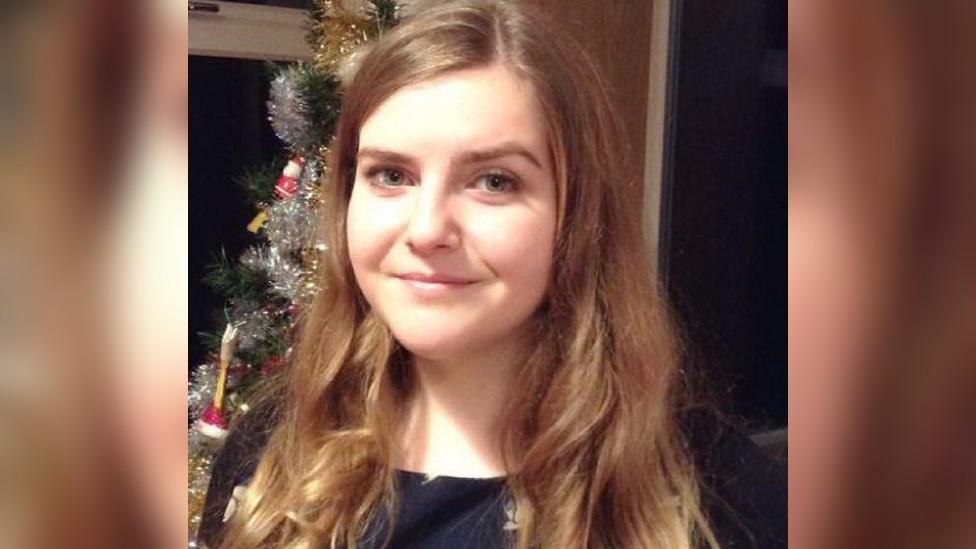
- Published27 September 2021
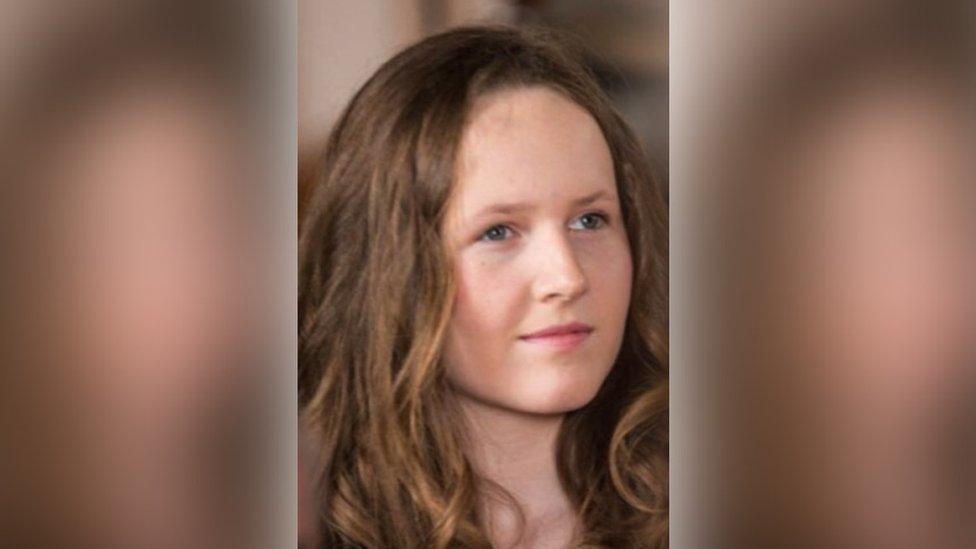
- Published23 September 2021
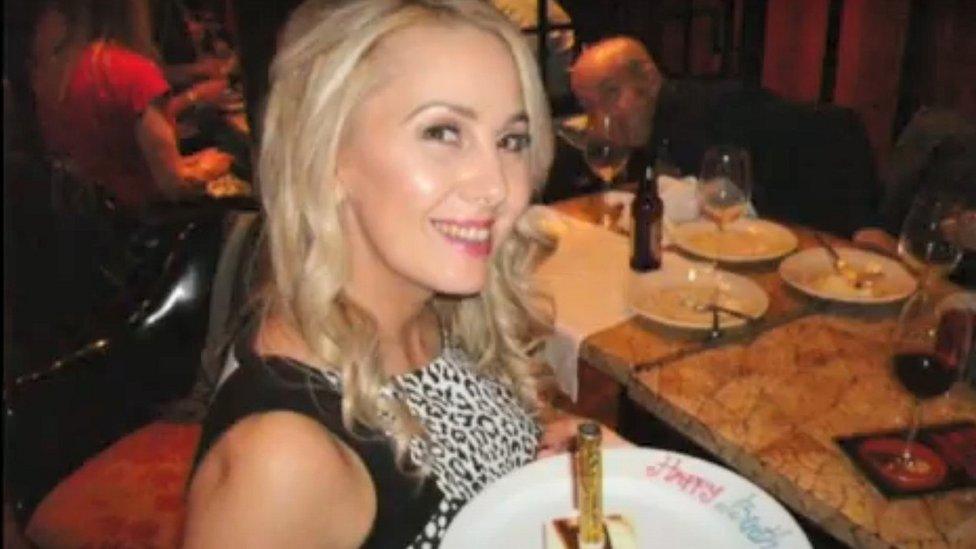
- Published22 September 2021
